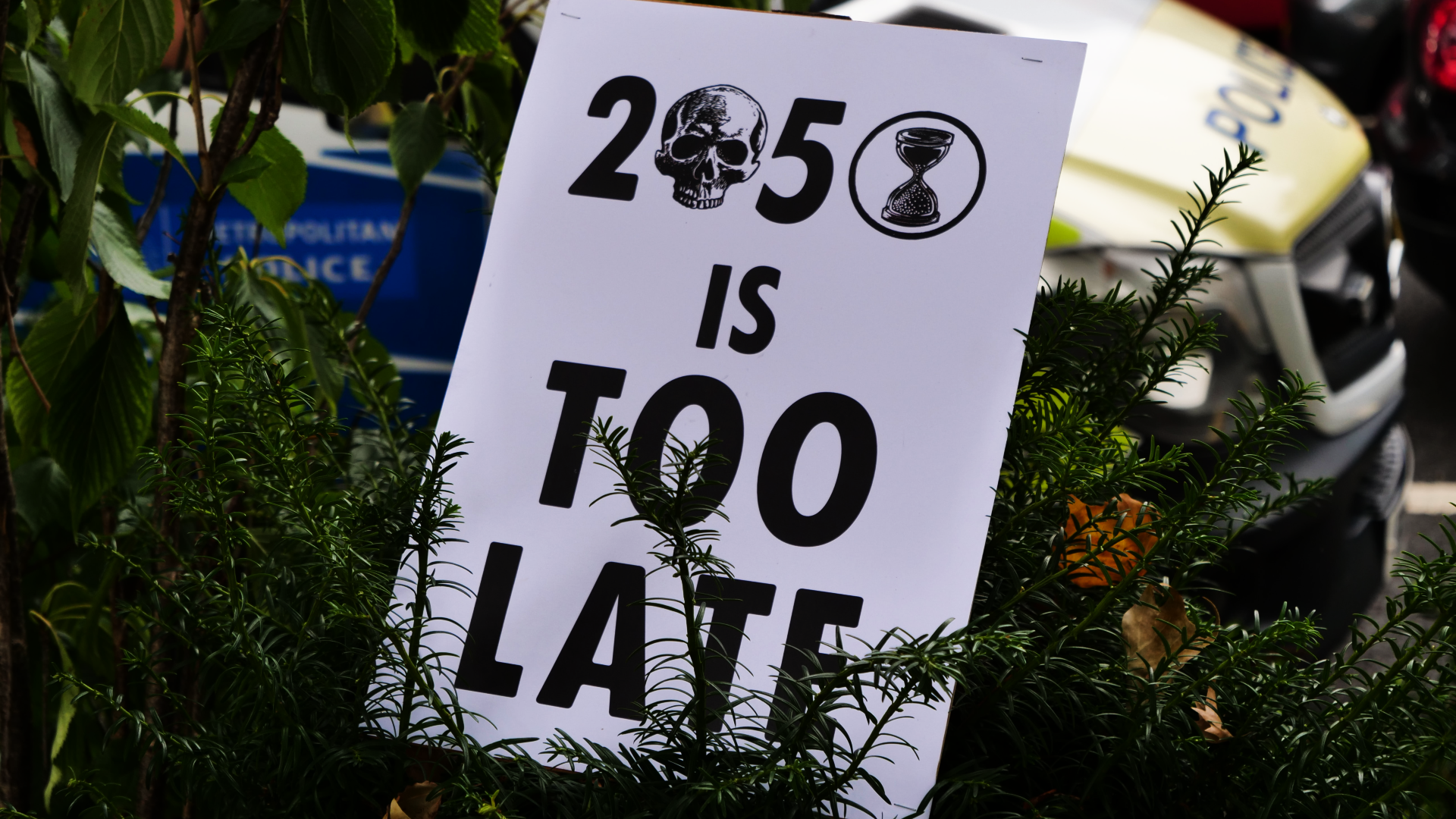Ubiquitously known climate group Extinction Rebellion is shifting away from drastic action like roadblocks and public defacement, and towards a more diplomatic emphasis – the group has announced.
Despite our pressing need for stricter ecological policies every year in the run up to 2030, Extinction Rebellion is opting for a change of tact in 2023.
You’ll recall that from summer last year, stretching right up to 2022’s twilight months, the globally recognised activist group drastically ramped up its civil displays of anger in the UK – as did several others including Just Stop Oil.
From public defacement of famous art installations and disruption of traffic-heavy areas, to vandalising the buildings of fossil fuel associates and interrupting debates in parliament, it was a busy year in which eco outfits really showed their mettle.
While tabloid headlines cropped up what felt like weekly, constant debate raged about whether radical methods like this are effective, or deemed too contrived and performative by the public.
A poll conducted by YouGov suggested the latter rings true, with more participants disliking Extinction Rebellion than those championing its protests.
While many would argue that climate activism, and activism in general, is never about popularity, Extinction Rebellion has decided to take a proactive move away from controversial acts in 2023 regardless.
Admitting the decision is a controversial one – given Extinction Rebellion largely paved the way for such demonstrations – a group spokesperson vowed to ‘prioritise attendance over arrests and relationships over roadblocks,’ in a January post titled ‘We Quit’.




















